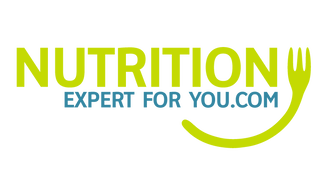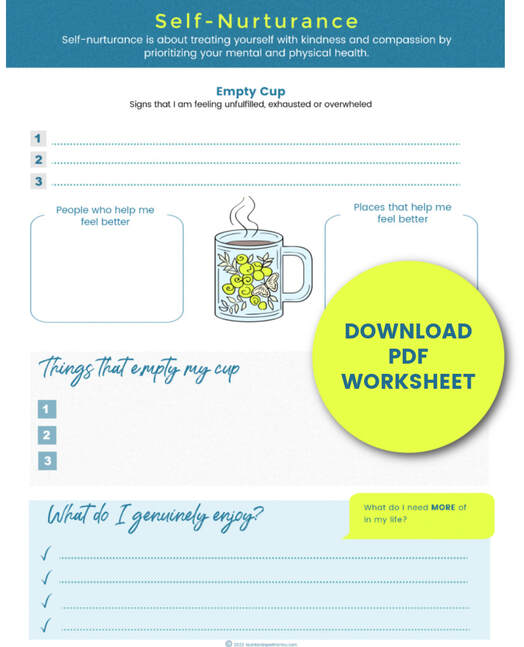Nutrition Counseling and weight management programs. The information on this site is intended to inform, not prescribe.
For diagnosis and treatment medical and health related concerns, please seek the advice of a qualified physician.
For diagnosis and treatment medical and health related concerns, please seek the advice of a qualified physician.
Terms & Conditions | © 2014 Nutrition Expert For You. All rights reserved.
Proudly powered by Weebly

